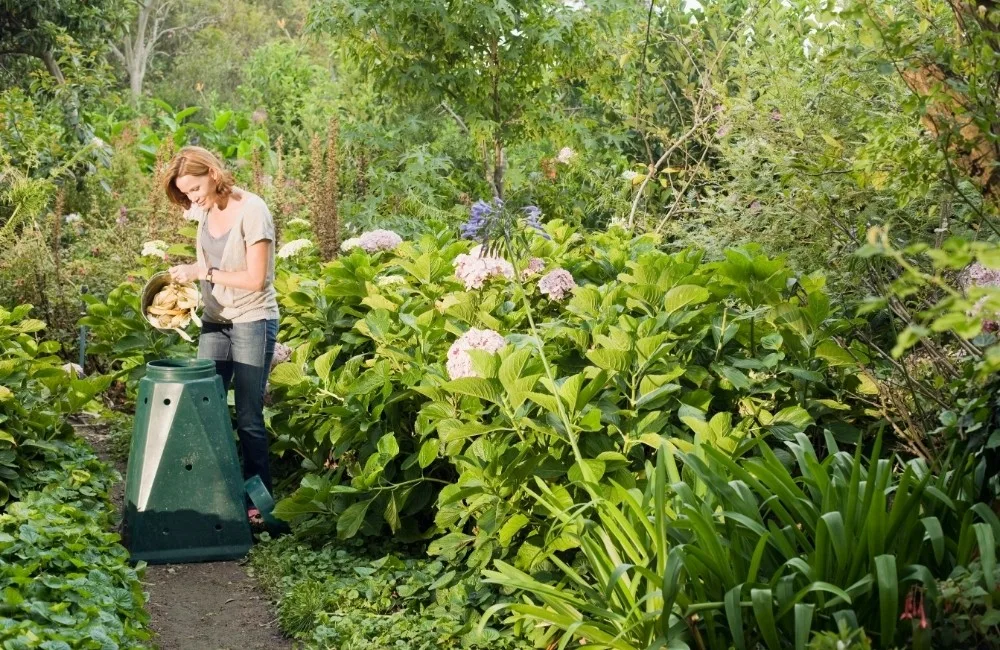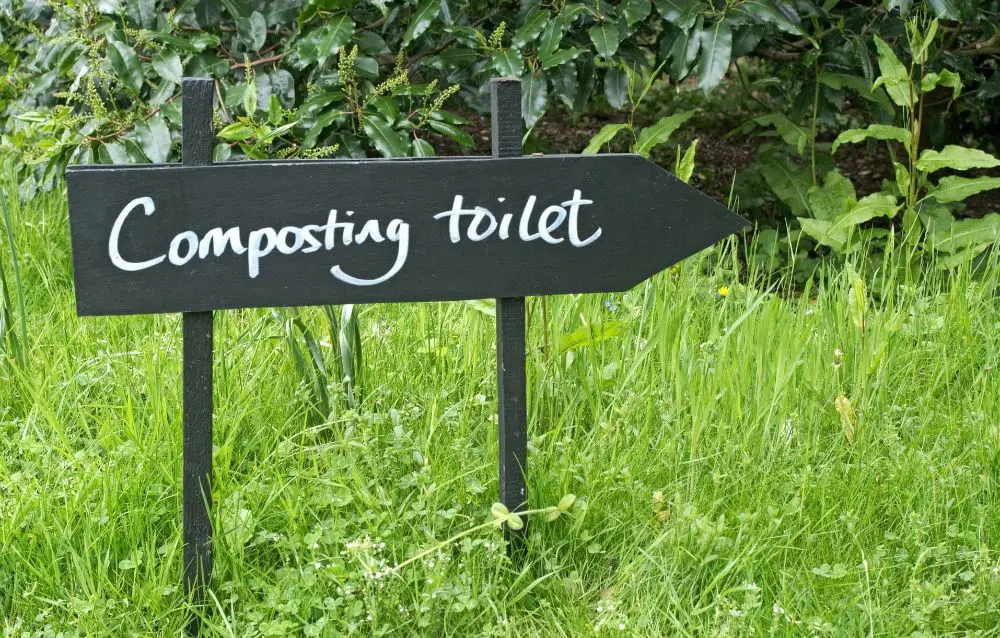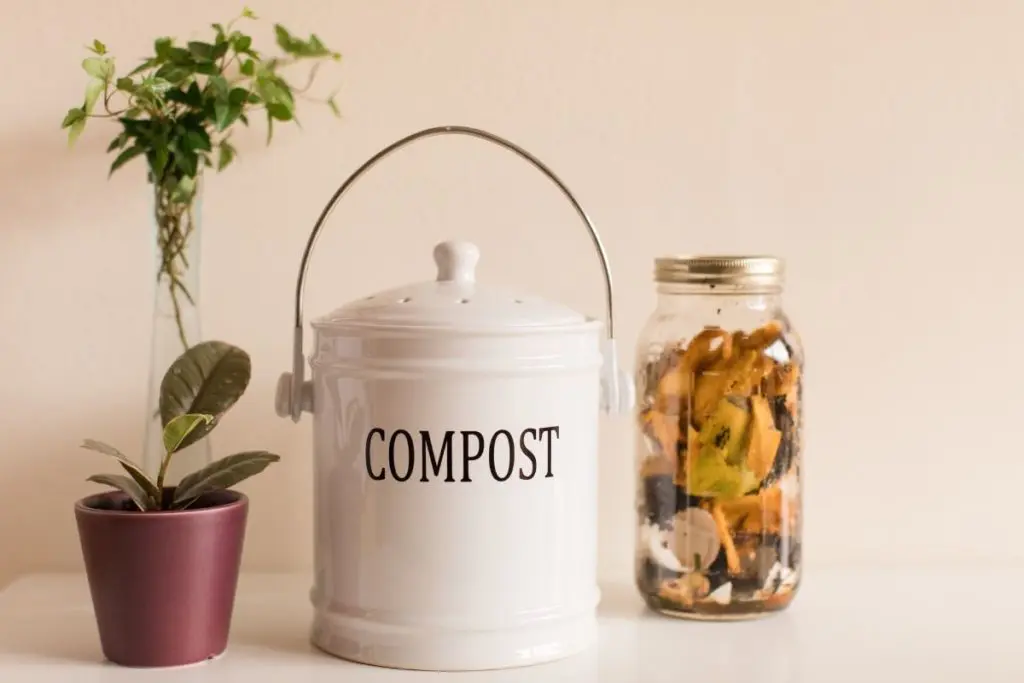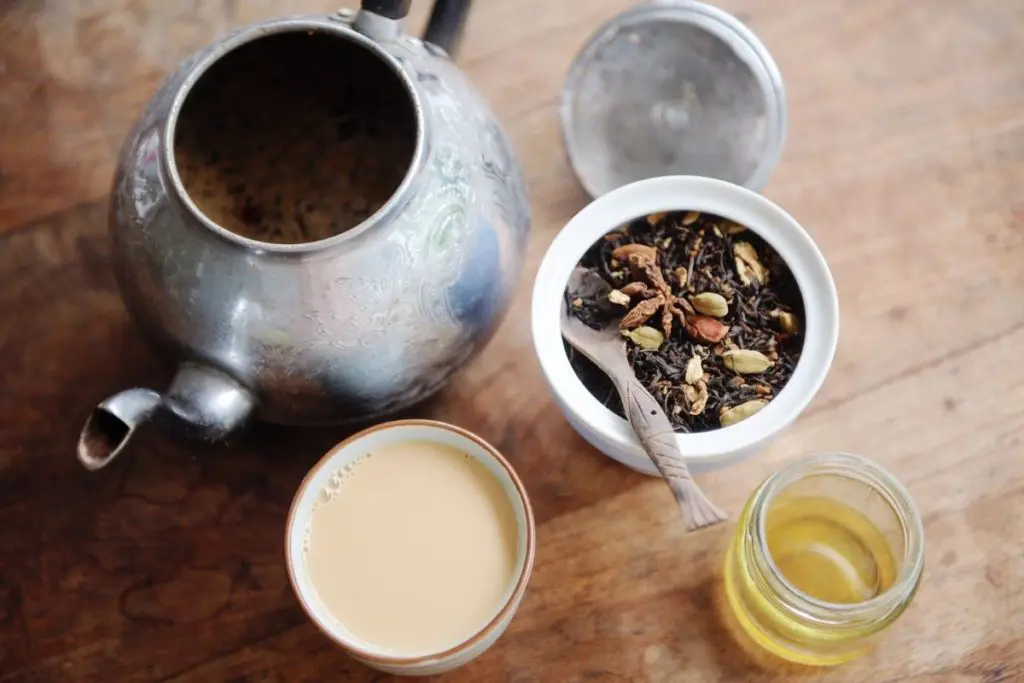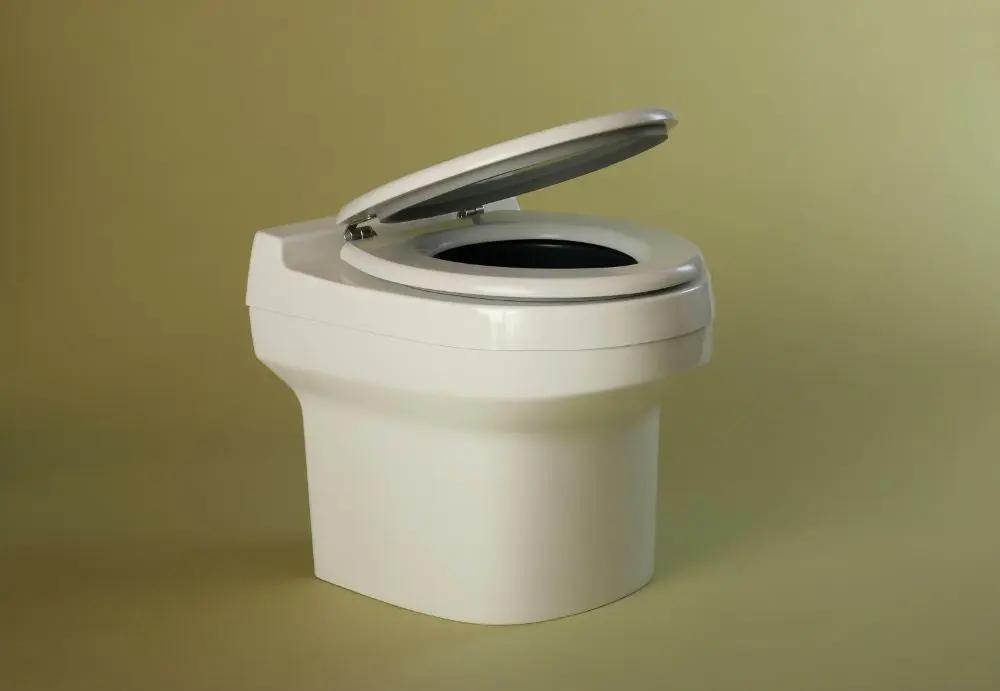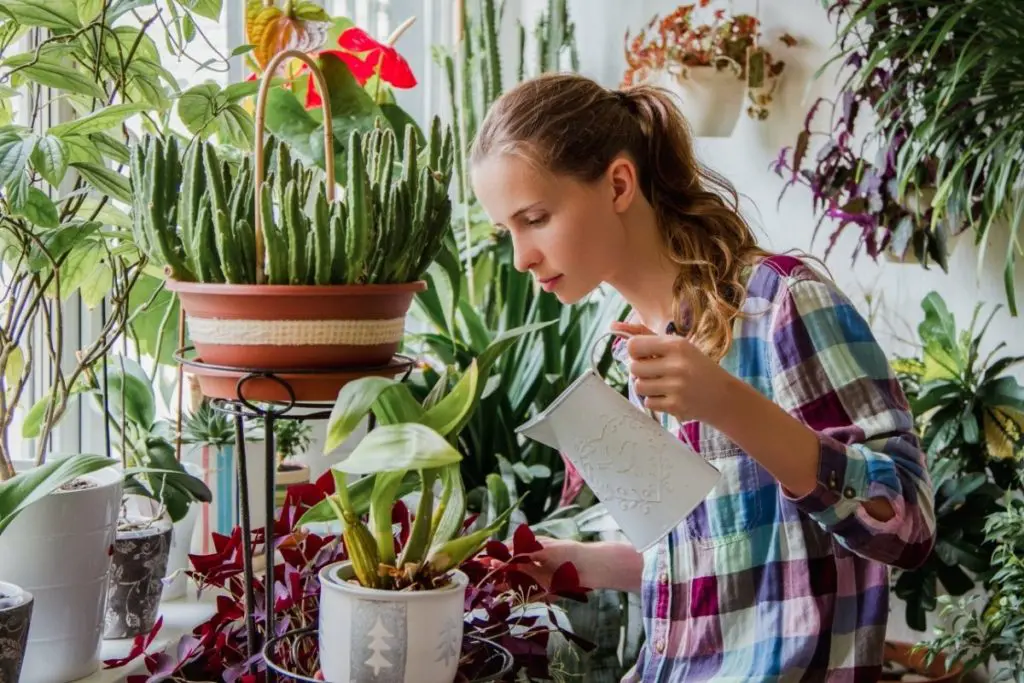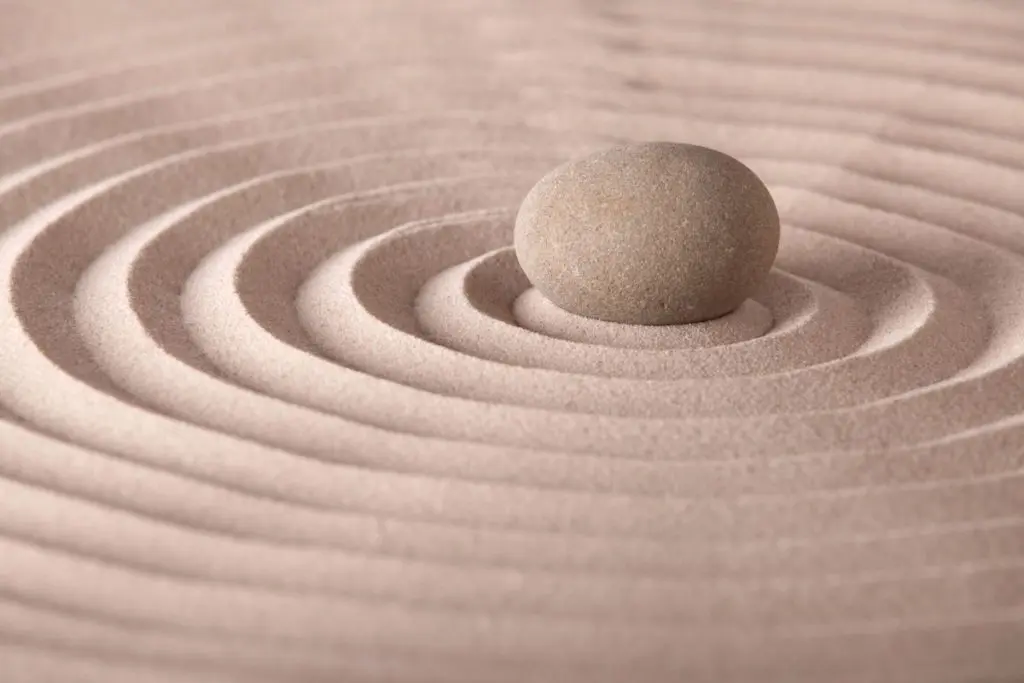Are you thinking about doing some composting? You may be wondering about the benefits of composting, whether or not it’s worth it, or even what it is, exactly.
Well, we’ve got all the dirt on composting for you. It’s fun and easy, great for the environment, fantastic for gardens, and worth it. But let’s not get ahead of ourselves…
First of all, what is composting?
What Is Composting?
In its most essential form, composting is an active natural process by which food, yard waste, and other organic materials get broken down. The resulting nutrient-rich material is called, you guessed it: compost.
At home, it’s simply a practice of redirecting organic materials away from your garbage to set aside for composting. A compost pile consists of three basic inputs:
- nitrogen-rich “greens” (like grass clippings or kitchen scraps)
- carbon-rich “browns” (like leaves, branches, or straw)
- and water
When combined and tended to, this environment creates aerobic bacteria and heat. Ultimately this will convert the pile into usable compost.
Don’t have a yard? An ever-increasing number of cities are offering compost and yard waste pickup on a regular basis.
Benefits of Composting
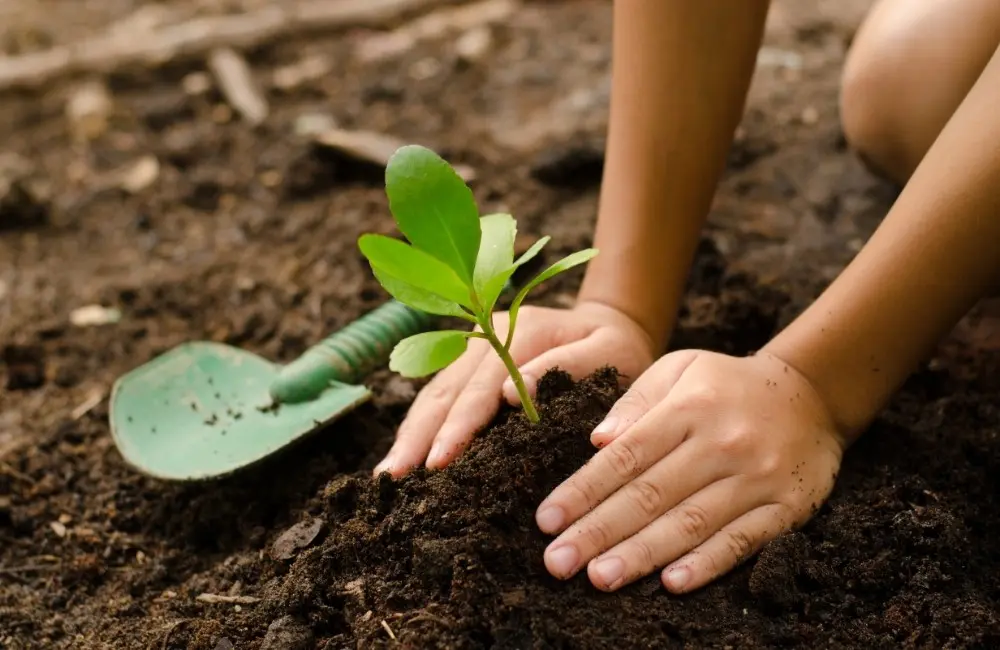
Great, so what are the benefits of composting?
Here are our top 4:
1
Composting Benefits the Planet
Composting is genuinely one of the most effective ways to reduce your carbon footprint. The following are just some of the extensive environmental benefits of composting.
Composting Reduces Waste and Improves Air Quality
First and foremost, composting significantly cuts down on waste. By some measures, nearly half of what we throw away could go into compost instead. That’s huge! Diverting that amount of waste is crucial because landfills are pretty much an ecological nightmare. Garbage incineration is just as bad. Composting, meanwhile, decomposes and breaks down waste aerobically, returning it to the earth, instead of letting it sit on top and release contaminants indefinitely.
Composting Reduces Dependence on Fossil Fuels
And it prevents greenhouse gasses from entering the atmosphere.
Transporting garbage to landfills is incredibly resource-intensive. And once trash reaches a landfill, it releases massive amounts of methane and other harmful greenhouse gasses into the atmosphere. Burning garbage is also devastating, producing toxic ash and tons of carbon dioxide that directly contributes to climate change. Composting does just the opposite, actually sequestering carbon. It requires no transportation and leaves behind nothing but nutrients.
Composting Increases Biodiversity
Healthy soil doesn’t need added chemicals to grow food and flowers. By composting, you’re not only benefiting the soil; you’re helping to lessen the production, transportation, and use of harmful pesticides and fertilizers. And since composting requires no harmful chemical inputs, you’ll attract a diversity of beneficial insects like bees, and avoid harming birds or other creatures.
Composting Gives Back
Literally. Composting returns nutrients to the soil and boosts beneficial bacteria and fungi. The advent of large-scale industrial agriculture has depleted much of our soil of the essential microorganisms that support plants. Composting recycles essential nutrients back into the ground, helping to maintain moisture and prevent erosion.
2
Composting Is Great for Your Garden
How does your garden grow? Probably wonderfully, if you’re using compost! Composting is ultra-beneficial for the environment. It also offers fantastic benefits for your garden, lawn — and even your landscaping.
Many say that growing plants is truly about growing soil. If your soil isn’t fertile, your garden will suffer — even with direct sunlight, consistent watering, fertilizers, and all the rest. If your soil isn’t healthy, your plants simply won’t thrive.
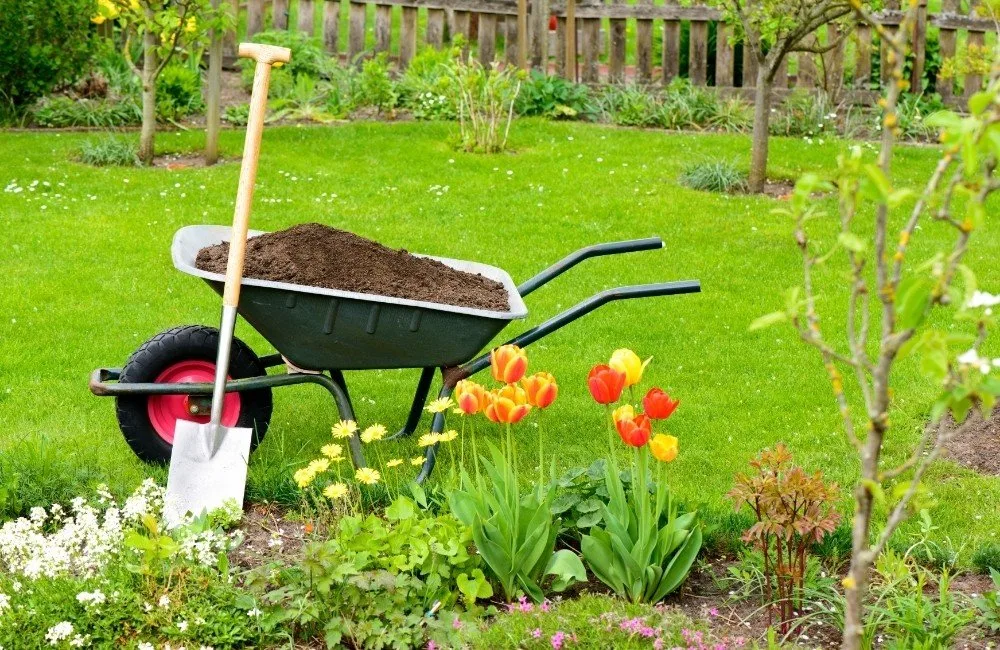
So what does compost do specifically for the soil in your garden? Homemade compost:
- returns nutrients back to the soil and helps plants better absorb nutrients
- creates a healthy soil ecosystem with beneficial bacteria and fungi
- improves the structure of your soil and balances pH
- retains moisture and moderates soil temperature
- reduces or eliminates the need for chemical fertilizers and pesticides
- helps prevent soil diseases, pests and mold
- attracts birds and beneficial insects to your garden
3
Composting Saves Money
As you get into the groove with composting, you’ll start to save money. Since you’re reducing the volume of things you toss, you won’t have to pay for compostable garbage and yard waste to be hauled away.
And while you can undoubtedly find fancy composting barrels or top of the line spinner bins, all you actually need is a receptacle to throw your kitchen scraps into, a small dedicated area outside, and a rake or hoe to turn the pile.
It’s also a big waste of money if you’re a gardener who buys bags of commercial compost at the store. Why buy it when you can make it yourself? Ironically, commercial compost production is also not terribly eco-friendly. The commercial stuff is decidedly inferior to the compost you make yourself.
Finally, composting helps cut down on other gardening costs, like fertilizers and pesticides. It might even help reduce water use, as it helps the soil retain more of what you’re feeding it.
4
Composting Feels Good!
Alright, maybe it’s a stretch to call composting “fun,” but it is pretty satisfying.
As with gardening, it’s a great meditative activity, with its own calming routines and visible rewards. Composting helps you to connect with the seasons and nature’s cycles and rhythms. After all, Mother Nature never envisioned landfills and trucks full of garbage; she’d already designed a perfectly elegant system for recycling waste.
And even if composting doesn’t make you want to spontaneously chant “ohm,” it’s still undeniably simple, practical, and environmentally responsible.
Further Reading
